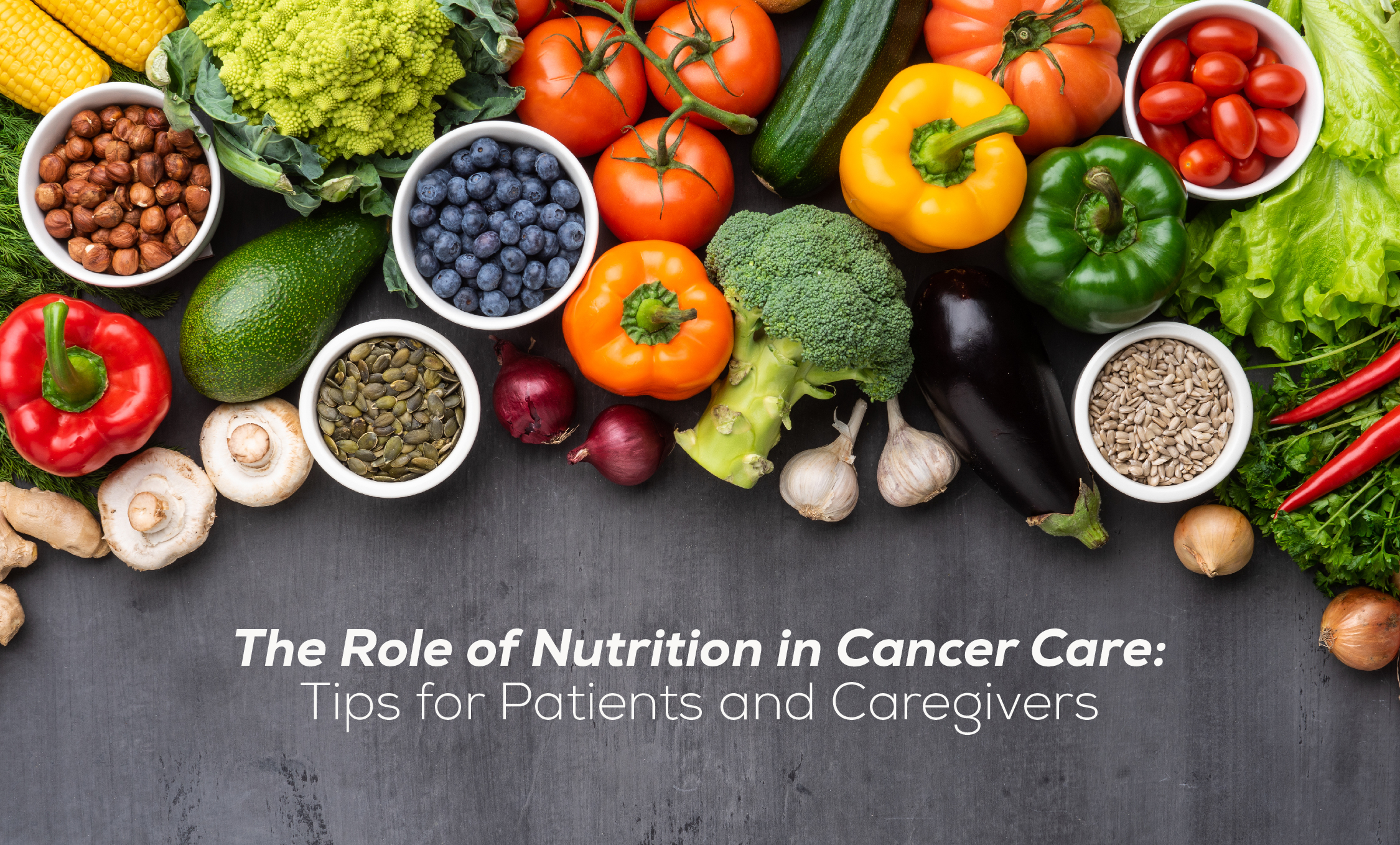
Cancer care is a journey that involves more than just medical treatments. Nutrition plays a vital role in supporting the body during and after cancer treatment, helping to manage side effects, boost energy levels, and improve overall well-being. For patients with breast cancer, as well as their caregivers, understanding the importance of a balanced diet can make a significant difference. Dr. Mansi Shah, a renowned breast cancer specialist in Ahmedabad, emphasizes that good nutrition can empower patients to navigate the challenges of treatment with greater resilience.
Dr. Mansi Shah, a leading breast cancer doctor in Ahmedabad, highlights the importance of specific nutrients that can benefit breast cancer patients:
Every cancer journey is unique, and nutritional needs can vary widely. Consulting with a registered dietitian or nutritionist who specializes in oncology can provide personalized guidance. Dr. Mansi Shah, recognized as a leading breast cancer specialist in Ahmedabad, emphasizes the importance of tailoring nutritional strategies to each patient’s treatment plan and personal preferences.
Nutrition plays a pivotal role in cancer care, enhancing treatment outcomes, managing side effects, and supporting overall well-being. By focusing on a balanced diet, staying hydrated, and making mindful food choices, patients and caregivers can work together to improve health and quality of life. Under the guidance of experts like Dr. Mansi Shah, patients can feel empowered to use nutrition as a powerful tool in their cancer care journey. For those seeking comprehensive cancer care, Dr. Mansi Shah, a trusted breast cancer doctor in Ahmedabad, provides expert guidance to ensure that patients receive holistic support, including personalized nutritional advice. Remember, the right nutrition can be a cornerstone of healing, offering strength and hope in the fight against cancer. Dr. Mansi Shah is a renowned breast cancer specialist in Ahmedabad, recognized for her expertise in diagnosing and treating breast cancer with precision and compassion. With years of experience in oncology, she has become a trusted name for patients seeking advanced care and personalized treatment plans. As a breast cancer doctor in Ahmedabad, Dr. Shah is known for her patient-first approach, combining cutting-edge medical advancements with empathetic care to ensure the best outcomes.